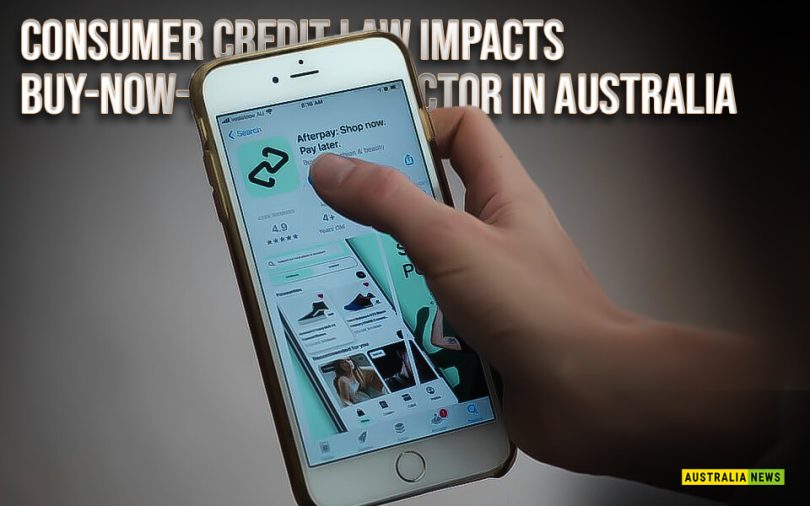Australia is modifying the payments services buy-now-pay-later sector by regulating it under the new consumer credit law. It encourages BNPL providers to do proper background checks before lending in what would be one of the world’s most resilient regimes for the start up sector.
This move would put companies like Afterpay and Zip Co. under the watchdog of the Australian Securities and Investments Commission (ASIC). Australia is just one step behind Britain and is requesting to regulate BNPL as a standard credit product.
BNPL companies are those payment platforms that offer immediate , interest-free, and short-term loans with few formalities, such as credit checks that rely on weeks or months of records, and are majorly used by cash-strapped people who are seeking a debt, sometimes more than they can afford.
During COVID-19, the presence of online platforms increased. Due to that frenzy-spurred-BNPL has stimulated its payments at ultra-low interest rates. However, Australia is facing high inflation and the government is concerned about repayments. Australia’s center-left Labor Government has been asking BNPL to be considered creditable for the situation.
“BNPL looks like credit, it acts like credit, it carries the risks of credit,” Financial Services Minister Stephen Jones said in a speech in Sydney on Monday.
“Our plan prevents lending to those who cannot afford it, without stopping safe, prudent BNPL use.”
Home to about a dozen listed BNPL providers, Australia had about 7 million active BNPL accounts that resulted in A$16 billion ($11 billion) of transactions in 2021-22, up 37%, data showed.
Australians spent A$63.8 billion shopping online in 2022, with 26% of Australians saying they used BNPL to pay for their purchases, retail industry figures show.
Technically, BNPL mends most of its money based on the percentage of sales revenue charged to merchants for directing shoppers to them. They charge borrowers with late fees but boost on-time repayments with promises of higher credit limits.
Although, BNPL firms are saying that they are closely monitoring borrowers’ activity but as per the new Australian law they would ask them to follow ‘responsible lending’ obligations like running credit checks before lending, and notifying customers about their issues and resolutions.
The Australian government has drafted the bill for consultation this year and it will be introduced into parliament by the end of this year.
The First Step
An Afterpay spokesperson said the change was a “strong first step in the development of a fit-for-purpose buy-now-pay-later regulatory framework”.
Zip Chief Operating Officer Peter Gray said the change would mean “business as usual” since the company already complied with Australian credit law for some products.
The Australian Finance Industry Association, which had hoped its BNPL code of conduct would form the basis of self-regulation, said it would “continue to work collaboratively with the government on the details of future regulation”.
Local-listed shares of Afterpay owner Block were down 1.5% while shares of the biggest standalone BNPL provider, Zip, fell 5%.
“The buy now, pay later business model is still a structural growth model,” said Shaun Ler, a Morningstar analyst.
“You end up in a situation where everyone is suffering but your competitors are suffering even more and the demand is still there,” Ler added.
- Published By Team Australia News








